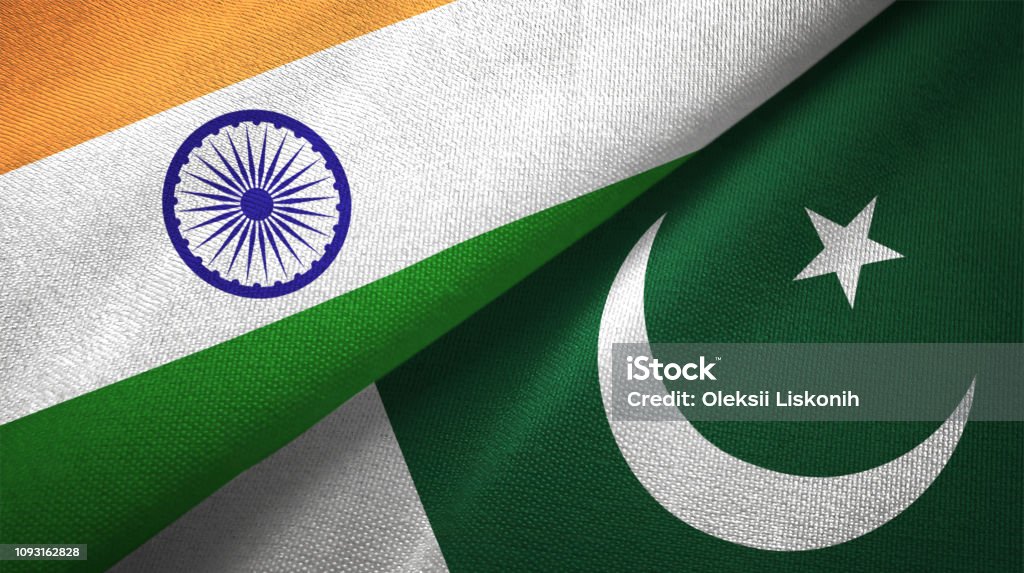Shreya Varanasi, Pune
India and Pakistan attended a two-day meeting in Vienna as part of the ongoing proceedings aimed to resolve the dispute between the countries over the Kishanganga and Ratle hydroelectric projects in Jammu and Kashmir. Senior Advocate Harish Salve represented India as the lead counsel in the issue.
The Ministry of External Affairs (MEA) issued a statement on the matter and said that a delegation led by the Secretary, Department of Water Resources attended the meeting at the Permanent Court of Arbitration in Vienna last week. The meeting was convened by a neutral expert who was appointed on India’s request under the protection of the Indus Water Treaty. It was attended by representatives of both India and Pakistan.
The MEA further said in their statement, “India’s participation in this meeting is in line with India’s consistent, principled stand that as per the graded mechanism provided for in the Indus Waters Treaty, the neutral expert proceedings are the only valid proceedings at this juncture.” It also stated that India opted not to engage in concurrent proceedings initiated by a Court of Arbitration that was formed under questionable legitimacy. These proceedings concerned the identical matters related to the Kishenganga and Ratle hydroelectric projects.
The statement also said that India is ready to engage in a manner that is supportive of solving the issues in accordance with the Indus Waters Treaty. India views the commencement of the two simultaneous processes aimed at resolving the dispute as a breach of the provision outlined in the Indus Waters Treaty, which prescribes a three-step graded mechanism.
India has asserted that the two hydroelectric projects located on the Jhelum and Chenab rivers in Jammu and Kashmir are vital for meeting its energy needs. In contrast, Pakistan has contended that India’s endeavors to harness hydroelectric power at Kishanganga and Ratle would constitute a breach of the Indus Waters Treaty. The dispute led to a series of legal proceedings, including arbitration and the involvement of the International Court of Justice (ICJ). In 2013, the Permanent Court of Arbitration (PCA) ruled on the matter, permitting India to divert a specific amount of water for power generation but also requiring India to release a minimum flow of water downstream to Pakistan.
